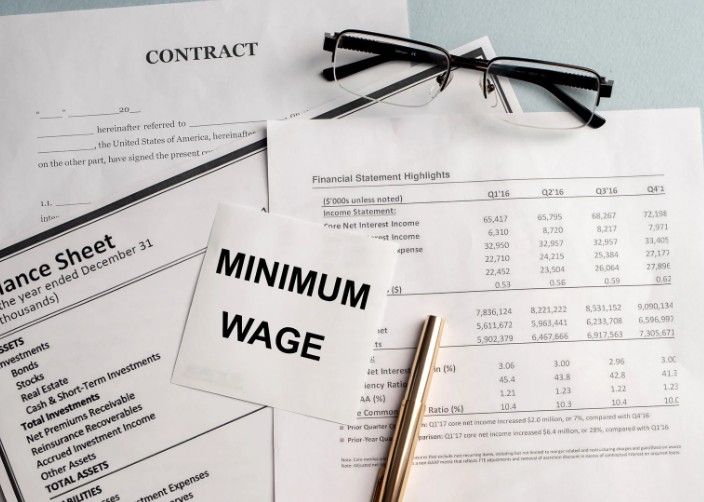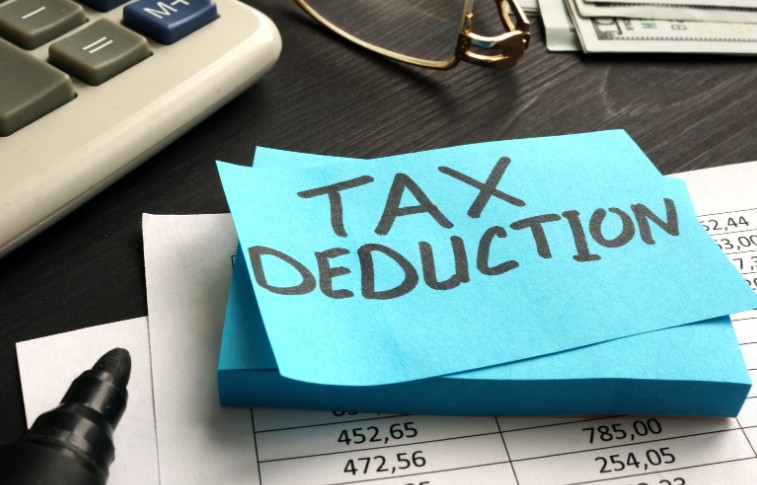So, How Much Universal Credit Will I Get If I Earn 2,000 a Month?
When I first asked myself “how much Universal Credit will I get if I earn 2,000 a month?”, I discovered it’s not a fixed answer. Universal Credit is calculated individually based on your earnings, housing costs, and household situation.
Because my earnings are relatively high for someone claiming Universal Credit, the amount I’d get is likely small — or even zero — unless I have high housing or childcare costs.
The Department for Work and Pensions (DWP) checks my income every month and applies something called the taper rate to reduce my entitlement. The higher my income above the work allowance, the lower my Universal Credit payment.
How Does the Universal Credit Taper Rate Affect My Payment?
The taper rate is a key factor. Currently, it’s set at 55%, meaning for every £1 I earn over my work allowance, my Universal Credit payment is reduced by 55p.
What is the work allowance?
The work allowance is how much I can earn before the taper rate kicks in:
- £404 per month if I get housing support
- £673 per month if I don’t get housing support
So if I earn £2,000 and have housing support, £1,596 of my earnings count towards the deduction.

Example Calculation — How Much Universal Credit Will I Get If I Earn 2,000 a Month With Housing Costs?
Let’s break it down with a real example for a single person over 25 renting a flat at £500 per month:
| Step | Amount | Explanation |
| Standard allowance (single, 25+) | £368.74 | Basic rate |
| Housing element | £500 | Based on rent |
| Total before deductions | £868.74 | What I’d get with no earnings |
| Work allowance | £404 | Earnings before deductions start |
| Earnings above allowance | £1,596 | £2,000 – £404 |
| Deduction at 55% | £877.80 | 55% of £1,596 |
| Final Universal Credit payment | £0 | Deduction exceeds entitlement |
In this case, my entitlement would be zero because my earnings-based deduction is higher than my starting allowance.
How Much Universal Credit Will I Get If I Earn £2,000 a Month Without Housing Costs?
If I didn’t get housing support, my work allowance would be higher (£673):
- Earnings above allowance: £2,000 – £673 = £1,327
- Deduction: 55% of £1,327 = £729.85
- Standard allowance: £368.74
The deduction still wipes out my entitlement, so I’d get nothing in this case too.

Couple Example — How Much Universal Credit Will We Get If We Earn £2,000 a Month?
If my partner and I earn £2,000 combined and claim together with £700 rent:
- Standard couple allowance: £578.82
- Housing element: £700
- Total: £1,278.82 before deductions
- Work allowance: £404
- Earnings above allowance: £1,596
- Deduction: £877.80
- Final payment: £401.02
We’d still get something because of the higher combined housing costs.
What Is the Maximum Income to Qualify for Universal Credit?
There’s no single “maximum income” that applies to everyone — it depends on your circumstances. Your eligibility is based on whether your earnings, after the taper rate, still leave you with at least £0.01 in entitlement.
In general:
- If you have no children, no disability, and low housing costs, your Universal Credit usually stops when you earn around £1,400–£1,600 per month (net).
- If you have children or high housing costs, you might still qualify even with earnings above £2,000 per month.
For example:
- A single person renting with low rent might lose entitlement at around £1,500/month earnings.
- A family with two children and £900 rent might still qualify with £2,500+ monthly earnings.
This is why using an online benefits calculator is essential — it’s the quickest way to see your personal maximum income limit.

Why Does the Universal Credit Assessment Period Matter?
Universal Credit runs on a monthly assessment period starting from the date I applied, not the calendar month.
If I get two paydays in one assessment period, my income will appear higher — reducing or even removing my Universal Credit payment for that month.
Similarly, if my hours are cut or I take unpaid leave, my payment could rise for that period.
How Do Taxes and Deductions Affect the Payment?
The DWP uses my take-home pay from HMRC to calculate deductions. This already accounts for:
- Income tax
- National Insurance
- Pension contributions (if through my employer)
So I don’t need to manually remove these before calculating my Universal Credit entitlement.

Quick Recap — Key Things to Remember
- Universal Credit is reduced gradually through the taper rate.
- Work allowance determines how much you can earn before deductions.
- Earning £2,000/month usually means no Universal Credit unless you have high housing or childcare costs.
- Payments are adjusted monthly, so fluctuating income changes your entitlement.
Conclusion — What I Learned About Earning £2,000 and Universal Credit
When I earn £2,000 a month, my Universal Credit entitlement is usually zero unless I have substantial housing or childcare costs.
By understanding the taper rate, work allowance, and monthly assessment periods, I’ve learned how much universal credit will i get if i earn 2,000 a month and to predict my payments and avoid nasty surprises. Even if I don’t qualify now, I keep my claim open because if my earnings drop, my Universal Credit can increase automatically.
Common Questions About How Much Universal Credit Will I Get If I Earn 2000 a Month
1. Do I pay tax on my Universal Credit?
No — Universal Credit isn’t taxable.
2. Will working extra hours reduce my Universal Credit?
Yes — anything above the work allowance reduces my payment at 55p per £1 earned.
3. Can I check my entitlement online?
Yes — I often use the DWP benefits calculator or other UK benefit calculators like Entitledto to estimate changes.

Leave a Reply